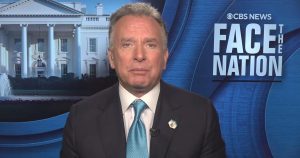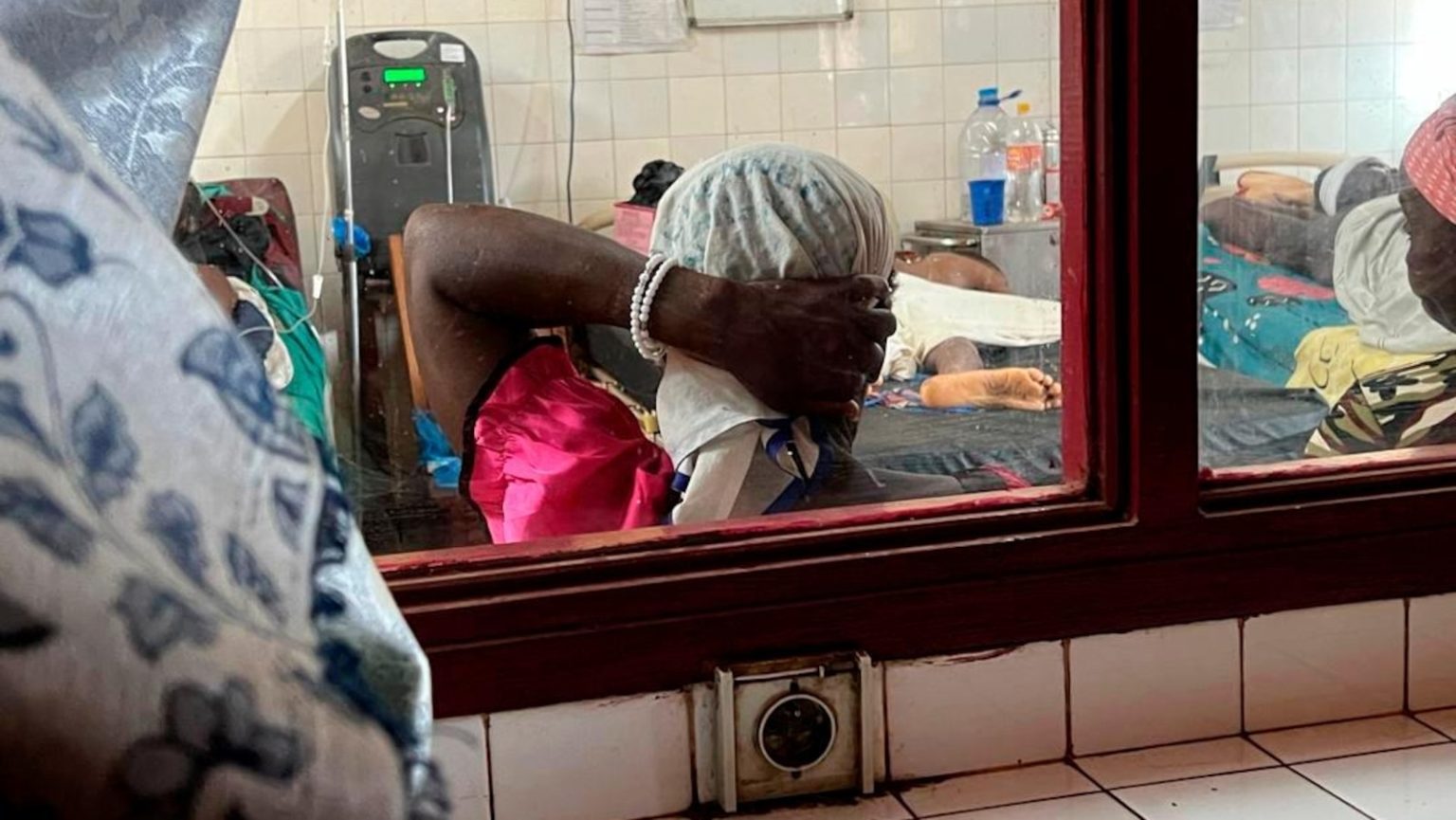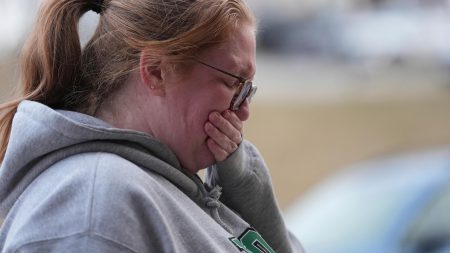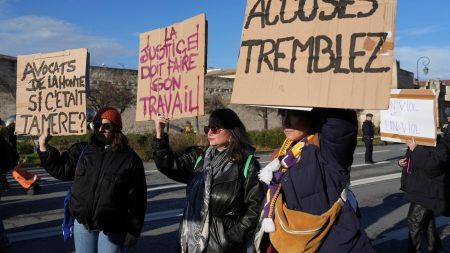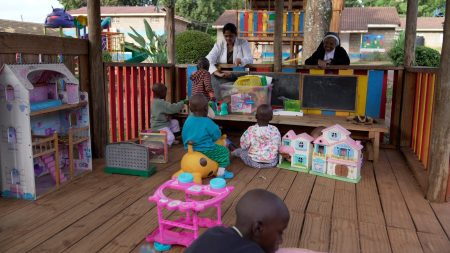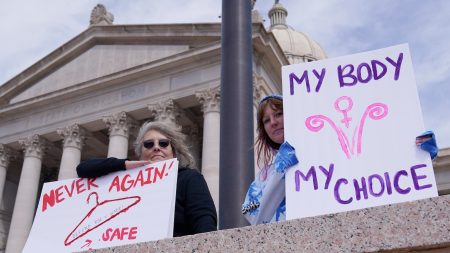Context and Background: A Surgical Unit’s Sudden Closure Sparks Alarm
In the Central African Republic (CAR), a nation rich in natural resources but grappling with systemic challenges, the recent shutdown of the orthopedic trauma surgery unit at Bangui Community University Hospital has sent shockwaves through the community. This unit, a vital resource for treating complex injuries, was closed by the health ministry on February 3 following the tragic deaths of two patients. One of the deceased was Larissa Yagasso Nguianbga, the niece of the Energy Minister Arthur Bertrand Piri, a close ally of President Faustin Archange Touadéra. The closure, while under investigation, has left many patients in limbo, their medical care abruptly halted. Irene Gassengue’s son, for instance, lies in a hospital bed with untreated fractures, a poignant illustration of the human cost of this decision. The sudden shutdown has not only disrupted critical medical services but has also raised significant concerns about the nation’s healthcare system and its ability to serve its population.
Patient Outrage and Criticism: A Community in Distress
The closure of the surgical unit has ignited outrage among patients’ families and activists, who view the government’s action as punitive and harmful. Irene Gassengue, whose son’s surgery was indefinitely postponed, expressed her frustration, stating, “I am angry because the minister of health decided on his own to close the surgical unit. It is scandalous.” Her sentiment resonates with many, as families accuse the government of abandoning patients in their time of need. The shutdown has left numerous patients without access to the specialized care they require, exacerbating an already dire situation. With limited healthcare facilities in CAR, the closure of this unit represents a significant setback, particularly for those with severe injuries requiring immediate attention.
Humanitarian Appeal and Protests: Voices Calling for Reopening
Families affected by the closure took to the streets in a heartfelt protest at the hospital, urging authorities to reconsider their decision. Their pleas highlight the fundamental right to healthcare, a principle enshrined in various international conventions. Joseph Bindoum, head of the Central African Republic’s League for Human Rights, emphasized, “The closure of the operating unit violates the patients’ right to health.” His words underscore the broader implications of the shutdown, which extends beyond individual cases to encompass systemic failures. Activists and families alike are united in their demand for the unit’s reopening, recognizing the irreplaceable role it plays in the nation’s healthcare infrastructure.
Political Dimensions and Accountability: A Call for Transparency
The political dimensions of this crisis cannot be overlooked. Larissa’s death, given her family ties to a high-ranking government official, has brought attention to the exigent circumstances under which the hospital operates. A doctor, speaking anonymously, revealed that Larissa’s death followed a power outage that disabled critical equipment, a stark reminder of the hospital’s chronic infrastructure challenges. This incident raises serious questions about accountability and the government’s responsibility to ensure adequate healthcare services. Families and activists demand greater transparency in the investigation and a commitment to addressing the systemic issues that led to these preventable deaths.
Immediate Actions and Future Uncertainties: Seeking Solutions
In response to the crisis, the authorities have reached out to Médecins Sans Frontières (MSF) for urgent assistance, acknowledging the severity of the situation. Health Minister Dr. Pierre Somse noted, “An arrangement has been put in place,” offering a glimmer of hope. However, the long-term sustainability of such measures remains uncertain. The incident also highlights the broader challenges facing CAR’s healthcare system, including frequent power cuts and resource shortages. Without addressing these underlying issues, similar crises may recur, leaving patients vulnerable and perpetuating a cycle of inadequate care.
Conclusion and Reflection: A Call to Action
The closure of the orthopedic trauma surgery unit in Bangui is not merely a local issue but a symptom of deeper systemic problems. It serves as a poignant reminder of the fragility of healthcare systems in resource-limited settings and the ethical imperative to protect the right to health. As the nation grapples with this crisis, it is imperative for stakeholders to collaborate in finding sustainable solutions, ensuring that such a lapse does not recur. The stories of Irene and Larissa serve as a moral call to action, urging policymakers and the international community to prioritize healthcare infrastructure and manpower, safeguarding the well-being of the Central African Republic’s people.


